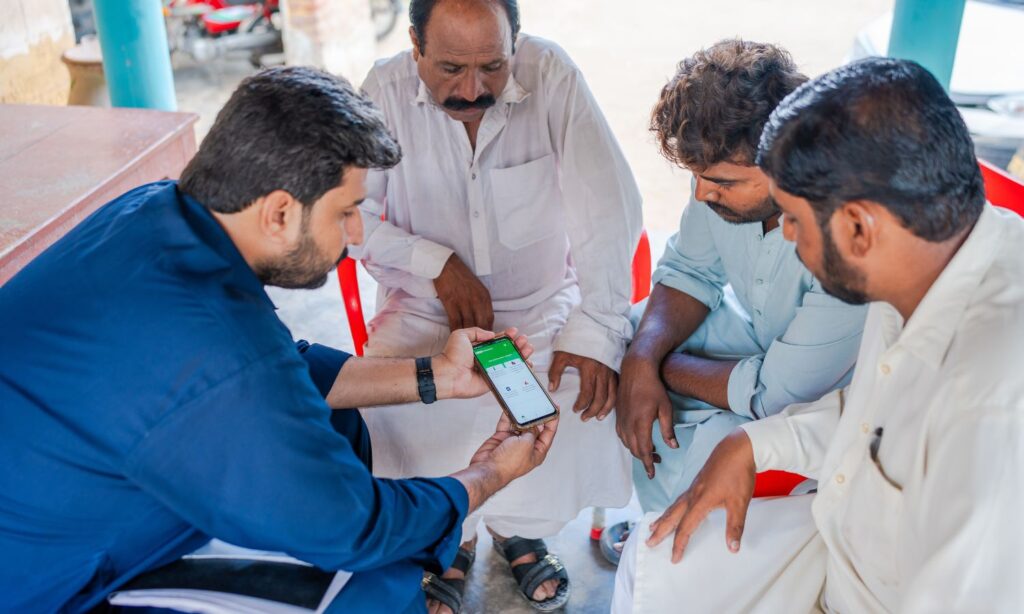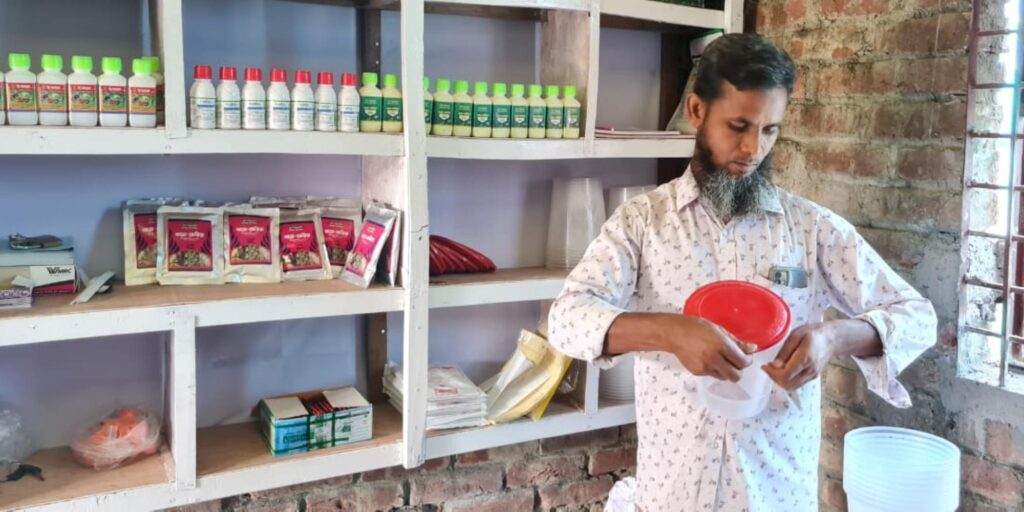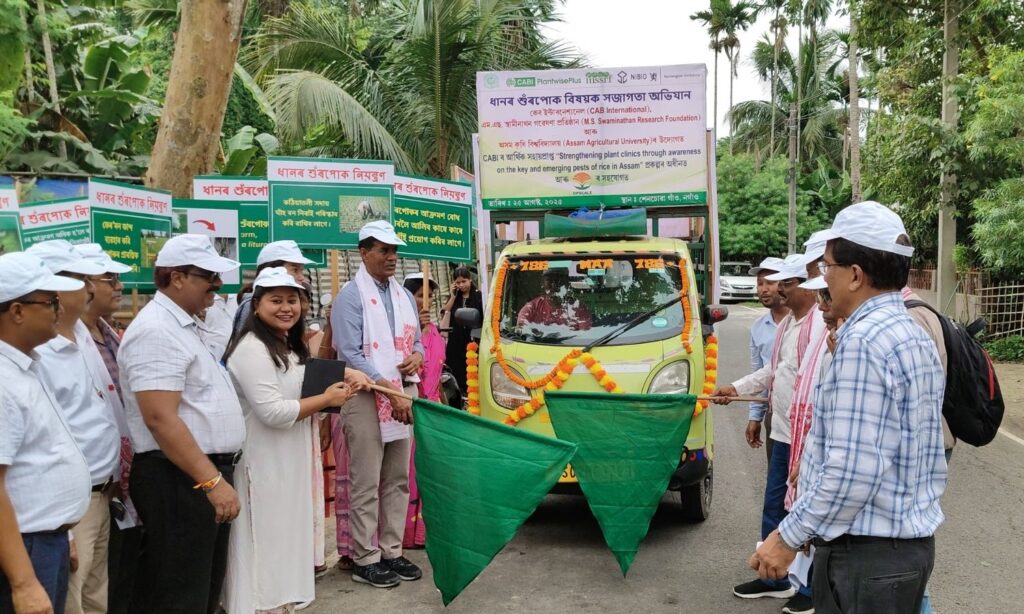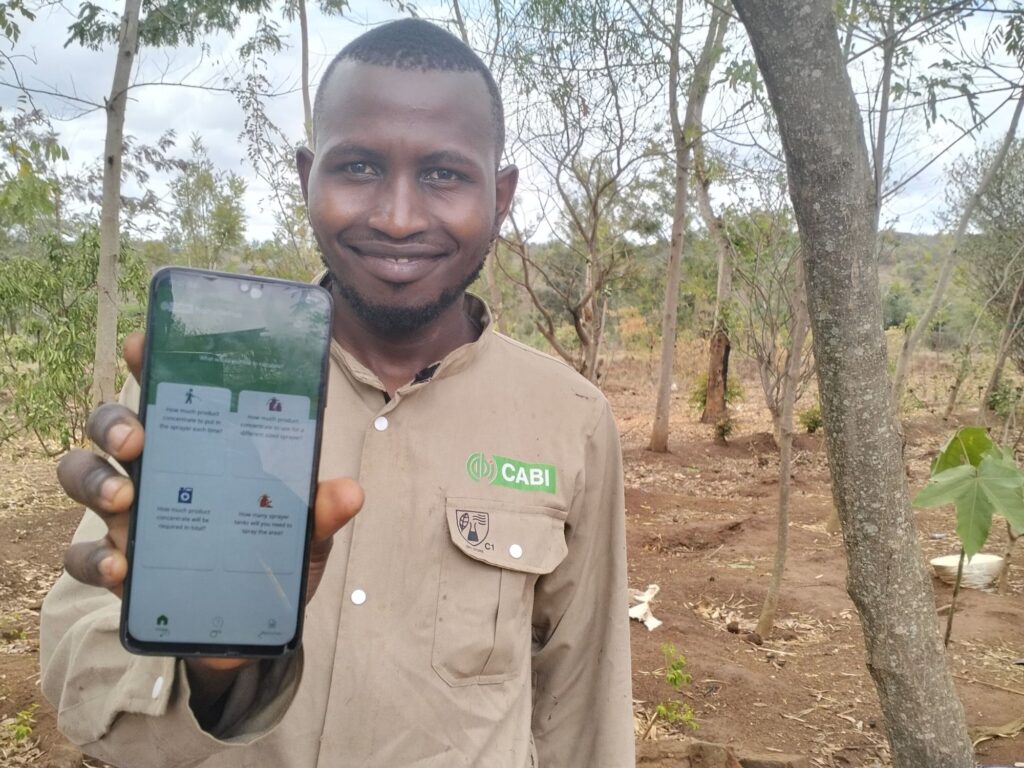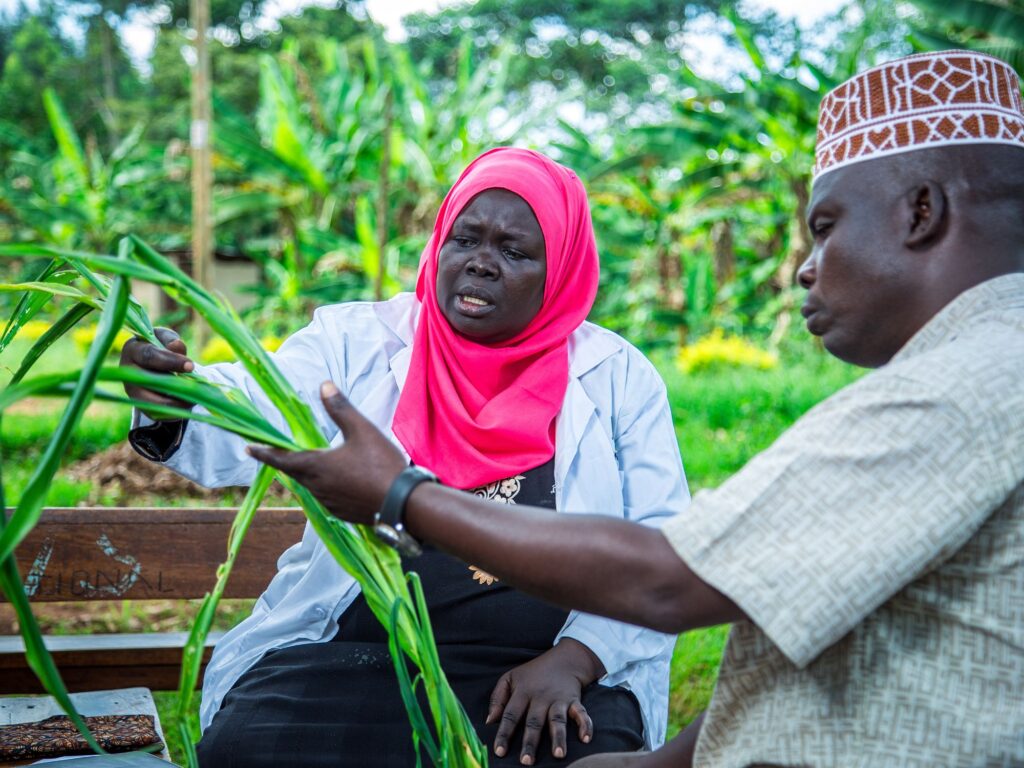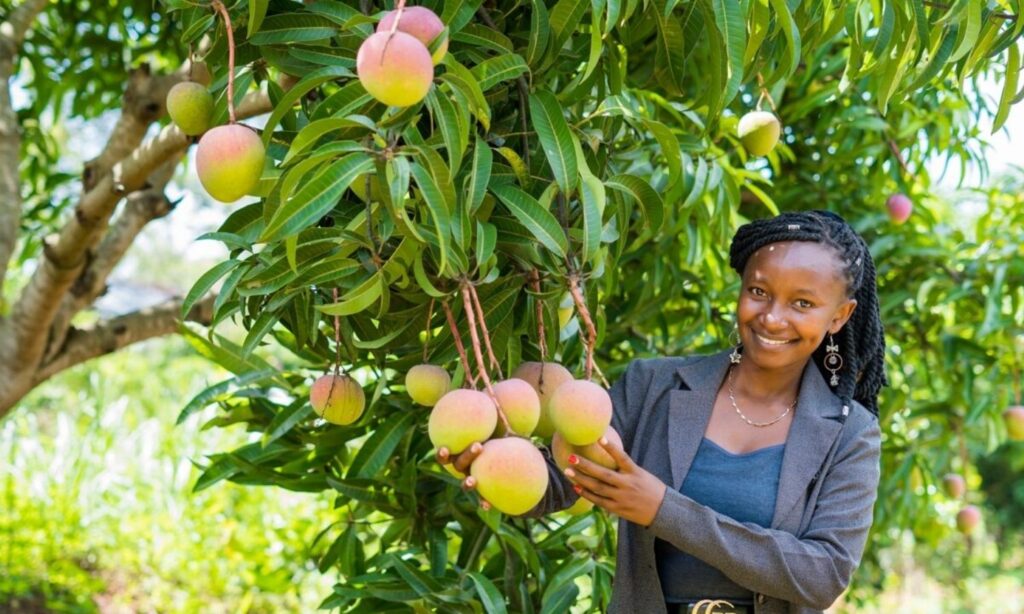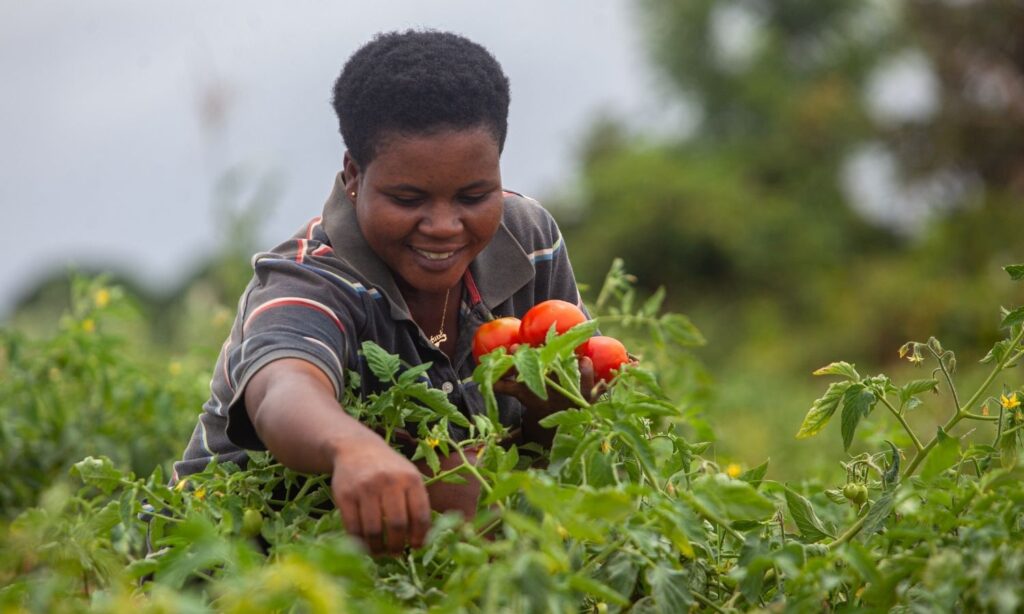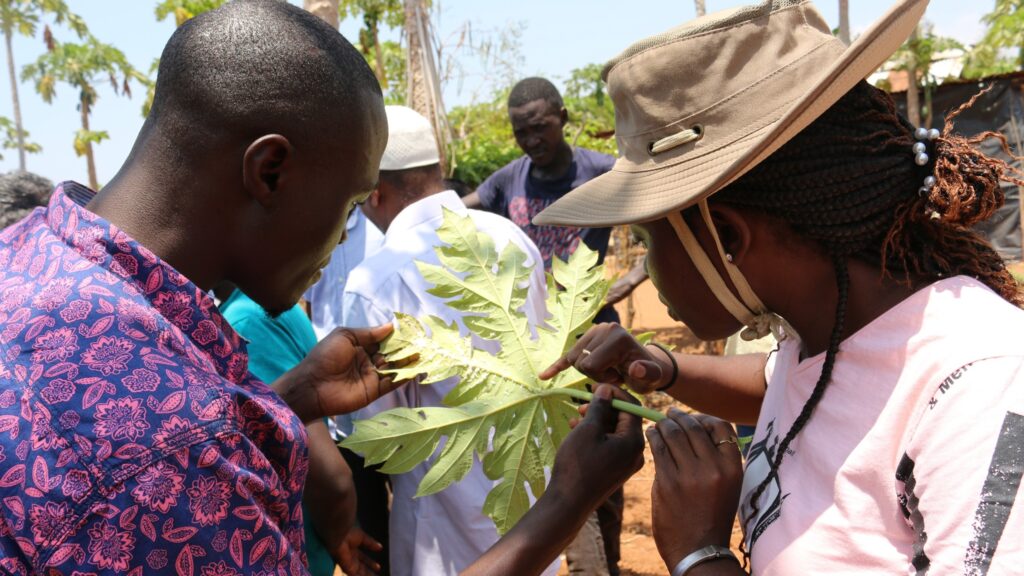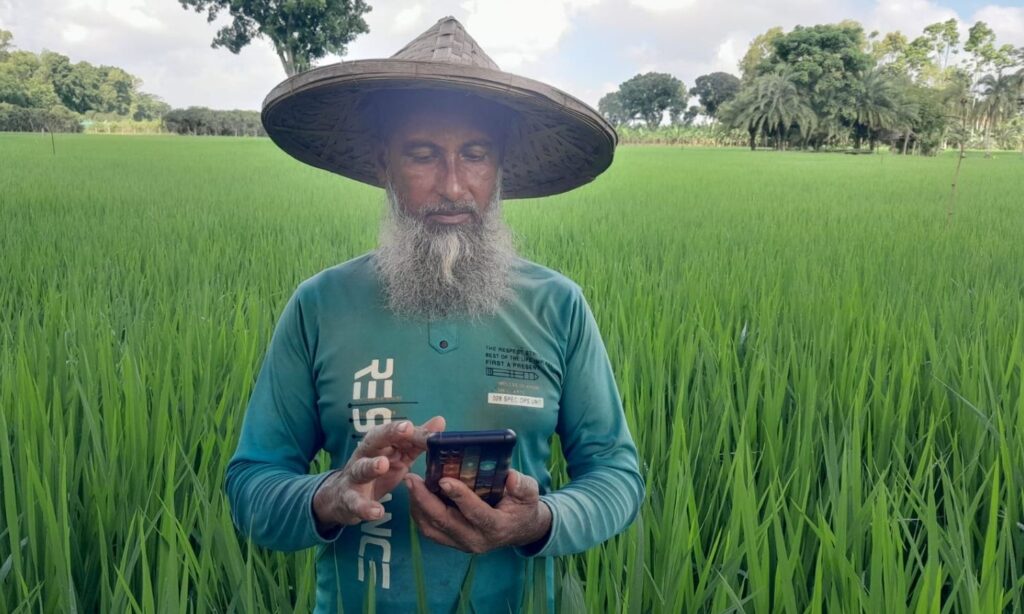5 ways digital agriculture tools are transforming pest management
Finding accurate, locally contextualised information at the right time is essential for tackling crop pests. Digital agriculture tools are helping farmers and those who advise them by putting expert knowledge directly in their hands.
PlantwisePlus develops agro-input dealer training scheme with Bangladesh government
Pest outbreaks in Bangladesh are causing a rapid increase in the sale of pesticides. Farmers are turning to chemical products such as fungicides, herbicides and insecticides to manage pests, which they often buy from their local agro-input dealer. However, these chemicals can harm the environment and human health. In Bangladesh, pesticide risks are significant due…
Most read blogs of 2025
As 2025 comes to a close, we’ve tallied the numbers to reveal the top 10 most read blogs on the PlantwisePlus Blog this year, plus a few firm favourites! Our most read blogs feature voices from those benefiting from our work, as well as crop pest guides, digital tools, and invasive species management, highlighting the…
PlantwisePlus marks five years of impact at FAO’s Science and Innovation Forum
On 13 October 2025, PlantwisePlus and its core donors co-hosted a networking reception at the Food and Agriculture Organization of the United Nations (FAO) headquarters in Rome to celebrate five years of the programme. Following the FAO’s Science and Innovation Forum, diplomats from countries across the global North and South, FAO colleagues, and agricultural researchers…

